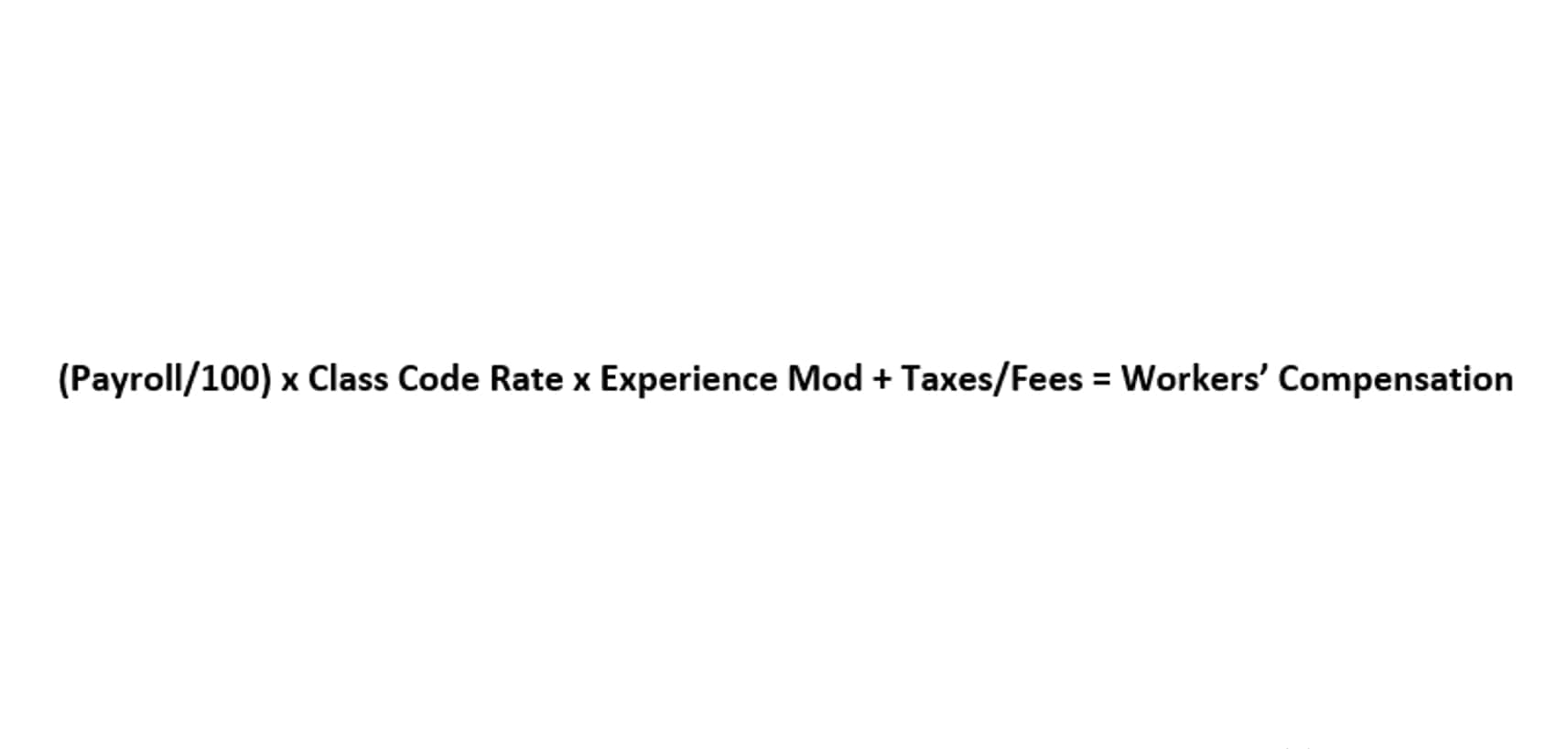Usluge:
Klijent:

Authorized shares and outstanding shares are issued by companies but there’s a distinct difference between the two. Authorized shares are the total number of shares that companies can legally issue to their investors. Companies issue different types of shares of equity, the largest and most common type being common shares. Common shares represent ownership interest in a company, and they typically come with voting rights and cash flow (dividend) rights. Investors may find it useful to compare a company’s floating stock to its outstanding shares when they’re making investment decisions. Shares outstanding are used to determine a company’s market capitalization, i.e. the total value of a company’s equity, or equity value.

The larger stock market is made up of multiple sectors you may want to invest in. Over 1.8 million professionals use CFI to learn accounting, financial analysis, modeling and more. Start with a free account to explore 20+ always-free courses https://www.bookstime.com/ and hundreds of finance templates and cheat sheets. Our goal is to give you the best advice to help you make smart personal finance decisions. We follow strict guidelines to ensure that our editorial content is not influenced by advertisers.
1) Companies usually disclose the number of shares outstanding in their financial statements, such as their balance sheet or income statement. 2) Most companies have an investor relations section on their website which provides information on the number of shares outstanding. 3) Publicly traded companies are required to file periodic reports with the shares outstanding formula Securities and Exchange Commission (SEC), which also contain information on the number of shares outstanding. 4) Financial news websites such as Yahoo Finance or Google Finance provide real-time data on a company’s outstanding shares. 5) Stock exchange websites where the company’s shares are listed also provide information on shares outstanding.
This information can help investors make informed decisions about whether to buy, hold, or sell a particular stock and provide insight into a company’s financial health and performance. The number of issued and outstanding shares, which is used to calculate market capitalization and earnings per share (EPS), are often the same. Issued shares also differ from outstanding shares, or the number of shares that are in the market and available for purchase by investors but do not include shares the company holds in its treasury. Issued shares may be contrasted with unissued shares, which have been authorized for future offering but have not been issued yet. A stock split occurs when a company increases the number of its outstanding shares without changing its overall market cap or value. A company’s public float is often expressed as a figure or a percentage of the company’s total outstanding shares.